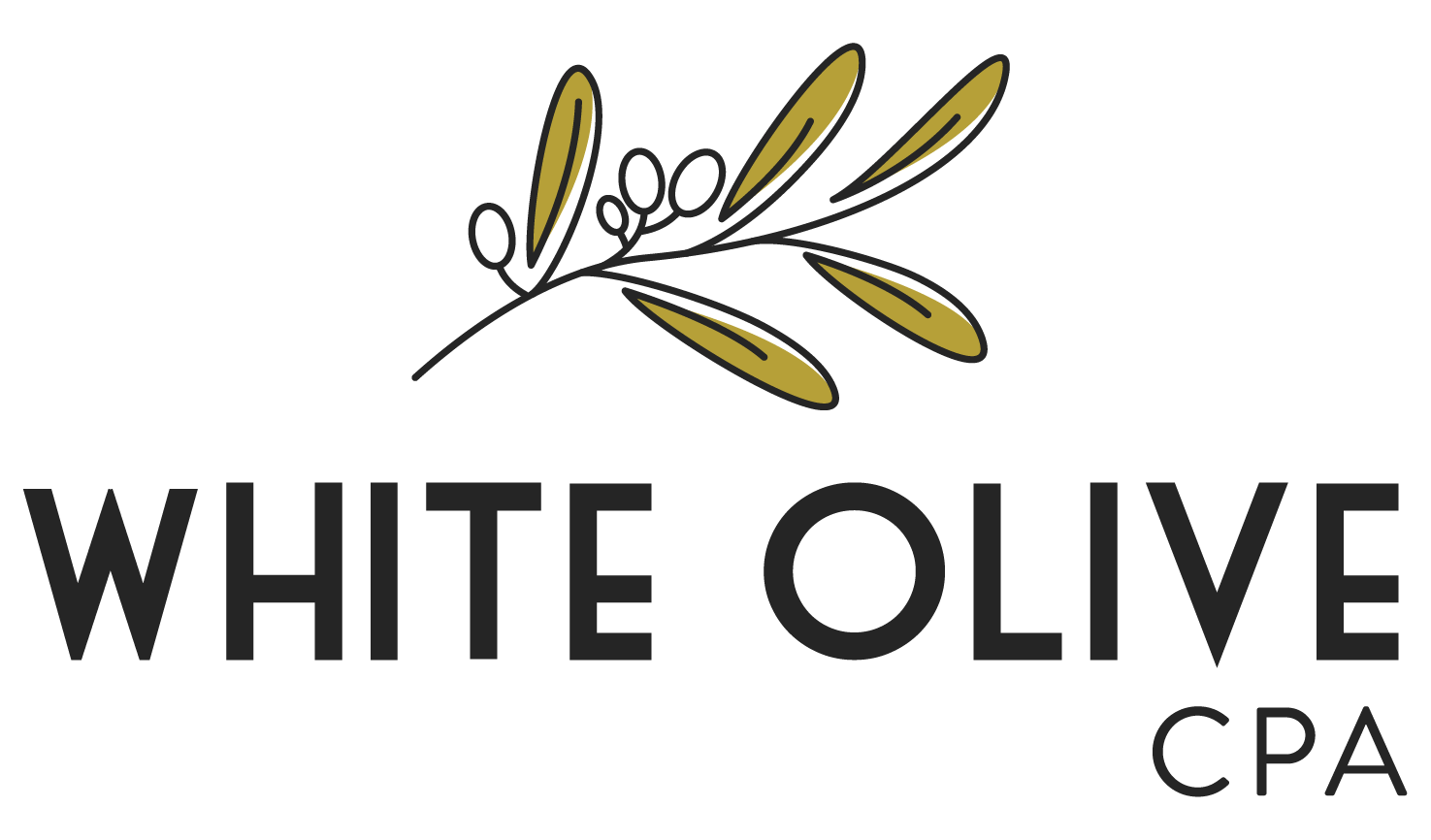Simplifying Income and Expense Tracking for Business Owners
March 14, 2025
Tracking business income and expenses is crucial to managing your finances effectively. By implementing practical tips and utilizing the right tools, such as a business expense tracker, you can simplify this process and gain better control over your financial activities. This article will explore some of the best ways to track business income and expenses, providing practical tips for business owners.
Understanding Business Expenses
What are Business Expenses?
Business expenses are the costs that a company incurs to operate and generate revenue. These expenses are essential for the day-to-day functioning and growth of the business. They can be categorized into various types, such as operational expenses, capital expenses, and overhead expenses. Operational expenses include costs like rent, utilities, and salaries, which are necessary for the daily operations of the business. Capital expenses are investments in assets like equipment and property, while overhead expenses cover general business costs such as marketing, insurance, and office supplies. Understanding what constitutes a business expense is crucial for accurate tracking and management, ensuring that all costs are accounted for and properly categorized.
Importance of Tracking Business Expenses
Tracking business expenses is vital for making informed financial decisions and maintaining accurate financial records. By diligently tracking expenses, businesses can gain a clear understanding of their net profit, financial health, and cash flow. This practice helps in identifying areas where costs can be reduced, optimizing budgets, and making strategic decisions that contribute to the overall success of the business. Additionally, accurate expense tracking ensures compliance with financial regulations and simplifies the process of preparing financial statements and tax returns.
Benefits of Accurate Expense Tracking
Accurate expense tracking offers numerous benefits that can significantly enhance a business’s financial management. It improves financial planning by providing a clear picture of where money is being spent, allowing for better budgeting and resource allocation. Accurate tracking also increases the potential for tax deductions, as businesses can easily identify deductible expenses. Furthermore, it enhances financial decision-making by providing reliable data, reduces financial errors, and improves cash flow management. By consistently tracking business expenses, businesses can identify trends, forecast finances more accurately, and ultimately improve their overall financial health.
Open a Business Bank Account
Opening a business bank account is a fundamental step in separating personal and business finances. A dedicated business bank account helps keep personal and business expenses distinct, making it easier to track expenses and pay bills. This separation not only simplifies expense tracking but also provides several benefits, such as easier tax reporting, improved financial health, and increased credibility with clients and vendors. When choosing a business bank account, consider factors such as fees, interest rates, and online banking capabilities to ensure it meets your business needs. By maintaining a separate business bank account, you can streamline your expense management and ensure accurate financial records.
Tips for Income and Expense Tracking
Tracking income and expenses is essential for maintaining financial stability and making informed business decisions. You can simplify the process by implementing these practical tips to track business expenses, such as separating personal and business finances, utilizing accounting software, and developing a systematic tracking process. Remember to automate transactions, embrace digital banking solutions, and consider professional assistance when necessary. By adopting these strategies, you’ll streamline your income and expense tracking, ultimately contributing to the financial success of your business.
Tip 1: Separate Business and Personal Finances
One of the fundamental steps in simplifying income and expense tracking is to separate your business and personal finances. Establishing dedicated bank accounts and credit cards for your business ensures that transactions remain distinct and reduces the chances of inaccuracies or confusion. This separation also makes it easier to calculate taxes and monitor the financial health of your business.
Tip 2: Utilize Accounting Software for Business Expenses
Accounting software is a powerful tool that can significantly simplify income and expense tracking. Many platforms also offer features for expense approval, automating and accelerating the approval and verification processes. Platforms like QuickBooks, Xero, Wave Accounting, and FreshBooks offer user-friendly interfaces, automated processes, and robust reporting features. These software solutions allow you to enter income and expense data, categorize transactions, generate financial reports, and even automate recurring transactions. By streamlining these tasks, you can save time and ensure accuracy in your financial records.

Tip 3: Implement a Systematic Business Expenses Tracking Process
To simplify expense tracking, develop a systematic process for recording and categorizing expenses. In my experience, these are the best steps to include in your tracking process; however, they can be expanded to fit your goals.
- Maintain Receipts and Invoices: Record all receipts and invoices related to business expenses. Use tools that allow you to scan receipts and store them digitally or in a dedicated folder for easy access and retrieval.
- Categorize Expenses: Create consistent expense categories to facilitate tracking and analysis. Common categories include office supplies, travel expenses, utilities, marketing, and employee salaries. This categorization enables you to identify spending patterns and make informed financial decisions.
- Regularly Update Financial Records:
Set a specific time each week or month to update your financial records. Enter the details of income and expenses into your accounting software or a spreadsheet, ensuring accuracy and timeliness.
Give us a call to streamline your income and expense tracking!
Tip 4: Automate Transactions and Payments
Automating recurring transactions and payments can simplify income and expense tracking while improving efficiency. Use your accounting software to set up recurring invoices, bill payments, and scheduled transfers. This approach saves time and reduces the likelihood of missing important transactions.
Tip 5: Embrace Digital Banking Solutions
Leverage the convenience of digital banking to simplify income and expense tracking. Online banking platforms provide real-time transaction records, downloadable statements, and automatic categorization. Regularly reviewing your transactions online lets you stay on top of your finances and quickly identify any discrepancies or potential issues.

Tip 6: Hire a Professional CPA or Bookkeeper
Consider seeking the expertise of a certified public accountant (CPA) or a professional bookkeeper to handle your income and expense tracking. These professionals can assist in generating and reviewing expense reports, ensuring accurate tracking and compliance with tax laws. They have in-depth knowledge of tax regulations, financial reporting, and bookkeeping best practices. They can assist you in accurately tracking your income and expenses, preparing financial statements, and ensuring compliance with tax laws.
Why Choose White Olive CPA for Commercial CPA Services?
Finding the right commercial CPA takes time and effort, but it is vital for the success of your business. Our experienced team of CPAs is dedicated to providing comprehensive services that meet the unique needs of your business. Schedule a discovery call with us today to learn more about our services and how we can help you reach your financial goals.

